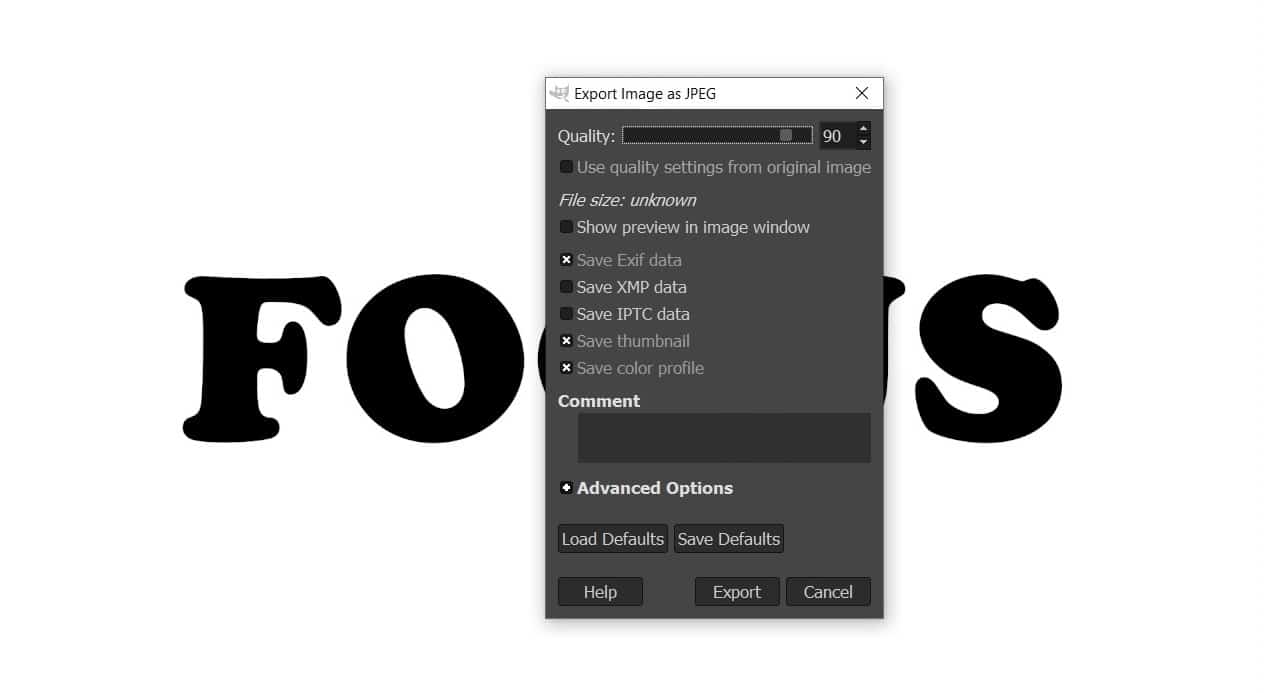[Google Analytics and other free tools & resources – Digital Marketing – Part 20]
Note: This is the final part of the digital marketing series as of now, any new learnings will be written as addendum without any decided frequency on postings.
AD
Many tools provide the same services; it is only a matter of your requirements and budget which should decide what you choose. There is a plethora of tools made available by Google which often do more than enough for your requirements.
In this post I address the basics of Google Analytics, a tool which helps you monitor and track the activities on your online properties, blog, website, ecommerce sites, etc. Some free resources which I find extremely helpful are added as well.
Here goes the list:
Google Analytics
If you are ok with Google having data about your website traffic, sources and so on, this is the simple and free tool is all you need for all your analytics requirements. It works well for all website sizes – from single person personal blogs to ecommerce sites.
If you own more than one website, you have the option to monitor them via same login. A closer look:
Google Analytics Setup
Google identifies each website as an account and the associated blogs as a property under the accounts. Each account is given a unique tracking id which is required to be put in certain places in your website and blogs for GA to actually work. You need to sign in to Google Analytics before accessing them. It is not created by default for having a Gmail id.
Navigation to tracking id: Admin -> Select the required account from drop-down menu -> Select the property from drop-down menu -> Tracking Info -> Tracking id
Google Analytics for WordPress
For WordPress users, the access of GA is via plugins. But you would still need to sign-in to GA separately first. In WordPress environment, there are many plugins which act as a bridge between WordPress dashboard and GA. As long as you create the accounts and properties properly, and place the right tracking id, it will all show up in GA dashboard.
To check the configuration, open your blog in one browser tab, go to GA -> Realtime -> Overview, and you should be able to see “1” under “Right Now”.
Follow this link for a proper set-up tutorial: Link
Google Analytics for websites in separate hosting
Websites which are hosted separately and do not follow ecommerce have very few pages to be monitored. For such digital assets be under GA, navigate to tracking id, and then from the section underneath copy the tracking code and put them in the header section. Repeat this exercise for all the pages.
Google Analytics for ecommerce
Ecommerce sites have hundreds of pages and as such it is impractical to manually place tracing codes in each of them. As such, GA has separate setting for ecommerce sites which are well explained in this link: https://support.google.com/analytics/answer/1009612?hl=en
AD
HubSpot
HubSpot has been my go-to platform for content marketing related queries and for their answers. They have also added CRM and content management tools among other software.
HubSpot also offers multiple certifications which are held in high regard in the market. If none of these appeals and if you are just looking for guidance from time to time for content marketing, HubSpot is still a great place for resources and downloading templates.
Ahrefs
Ahrefs is a personal recommendation if you are looking for SEO related learning. The free blogs and video assets are my go-to resources for any kind of SEO related guidance.
If your budget allows it, the Ahrefs tool can help you plan your keywords better, research on content gaps, make separate lists of keywords, and it’s far more intuitive than Google Keyword Planner, which is yet another free tool from Google for researching keywords and planning campaigns.
There are other benefits to being a paid member for Ahrefs. You get an invite only access to Ahref’s Facebook private group and can connect with people across the globe. More so, you are directly in touch with their marketing team, and to people who are using the tool, discussing, and sharing ideas, problems, and solutions.
Recently, Ahrefs also added Webmaster Tools which are absolutely free to use. It crawls your site, monitors its health, makes suggestions and a lot more. You can further upgrade to premium and unlock other features.
Conclusion
All the tools mentioned above need separate explanations, but the creators have placed tutorials and resources for users to learn and implement. Re-writing them would have been unnecessary.
However, I did want you to get used to what the tools offer so it does not overwhelm if you decide to opt for them.

